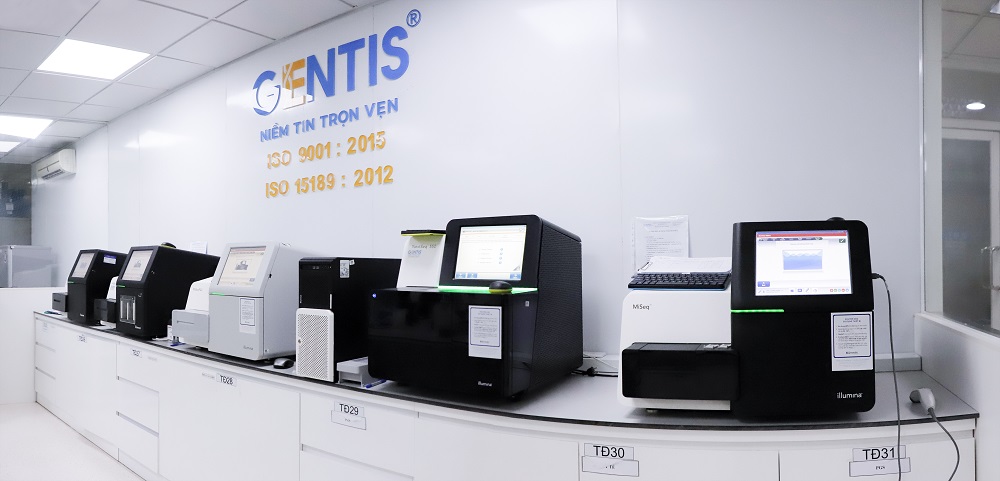
Thrombophilia
Overview
Thrombophilia (or hypercoagulable syndrome) is defined as a group of inherited or acquired disorders characterized by a higher-than-normal tendency to form blood clots.
In particular, pregnancy is inherently a physiological process of hypercoagulability, which resonates with Thrombophilia syndrome, which increases thrombosis, leading to many dangerous complications.

RISK OF WOMEN WITH INHERITED THROMBOPHILIA IN PREGNANCY
Physiological changes during pregnancy lead to increased coagulation, decreased anticoagulant activity, and decreased fibrinolysis. This change is considered a "safety net" for both mother and fetus in order to maintain placental function and minimize bleeding complications during pregnancy, labor and postpartum. .
Pregnancy is a process of physiological hypercoagulability, combined with Thrombophilia syndrome increases the risk of thrombosis, which can lead to many unwanted pregnancy complications such as:
- Miscarriage;
- Stillbirth;
- Preeclampsia;
- Thai growth retardation...
- Genetic Thrombophilia tests help doctors determine the risk of hypercoagulability due to mutations in genetic factors.

INDICATION
- Women before pregnancy have a history of consecutive miscarriages, pre-eclampsia, stillbirth, fetal growth retardation.
- Pregnant women with signs of fetal underdevelopment.

testing service at gentis
GENTIS uses leading modern technology and machines from the US, Europe, Korea...
- MTHFR: Detects variant C677T (Ala 222 Val) and variant A1298C (Glu 429 Ala)
- Factor II: Detects variant G20210A in the non-coding region
- Factor V Leiden: Detects variant G1691A/R506Q in exon 10 (Arg 506 Gln)
- Factor V R2: Detects variant H1299R
- PAI-1/Serpin 1 (4G and 5G)
- MTHFR: C677T, A1298C / - F2: G20210A (Prothrombin FII)
- F5: G1691A (FV Leiden); A4070G (FVR2) / - PAI-1 Separin: PAI-1 4G/5G
- F7: G10967A (Arg353Gln) / - F13A1 (FXIII): G103T (Val34Leu)
- ITGA2: C807T (Phe224Phe) / - ITGB3: T1565C (Leu33Pro)
- FGB (BF): -455G>A / - MTRR: A66G (Ile22Met)
- TFPI: C536T (Pro179Gln)
***Detect 6 variants (homozygous or heterozygous) occurring on 4 common genes including:
Time to return results: From 4 days
Technology used: Real Time PCR
***Detect 12+ variants on 11 genes:
Time to return results: from 5 days.
Technology: Gene sequencing on an automated system.

- The first unit in Vietnam to have a synchronous laboratory system, 1200m2 wide in Hanoi and Ho Chi Minh City meeting international standards ISO 9001:2015
- Since 2010, Gentis has successfully performed analysis of more than 200,000 samples.
- There are more than 30 sample collection points across the country, ensuring to provide customers with the most convenient, fast and accurate services.
- Pioneer in applying advanced genetic analysis technologies in the world such as the United States, Europe, and Korea.
- GENTIS is also a place to gather a team of scientists, experienced consultants in the field of genetics, and a team of professional, enthusiastic and thoughtful technicians and consultants to bring the best services to you. quality service to customers.
Please fill in the information below to receive our supports and consultations!

.jpg)






